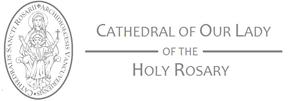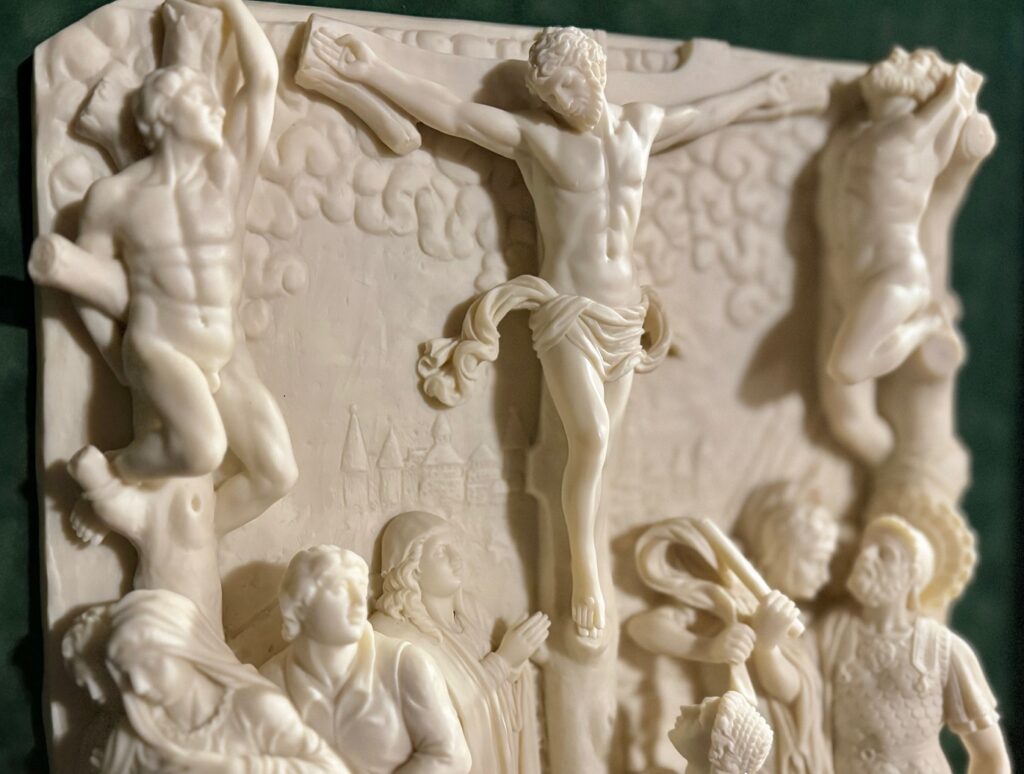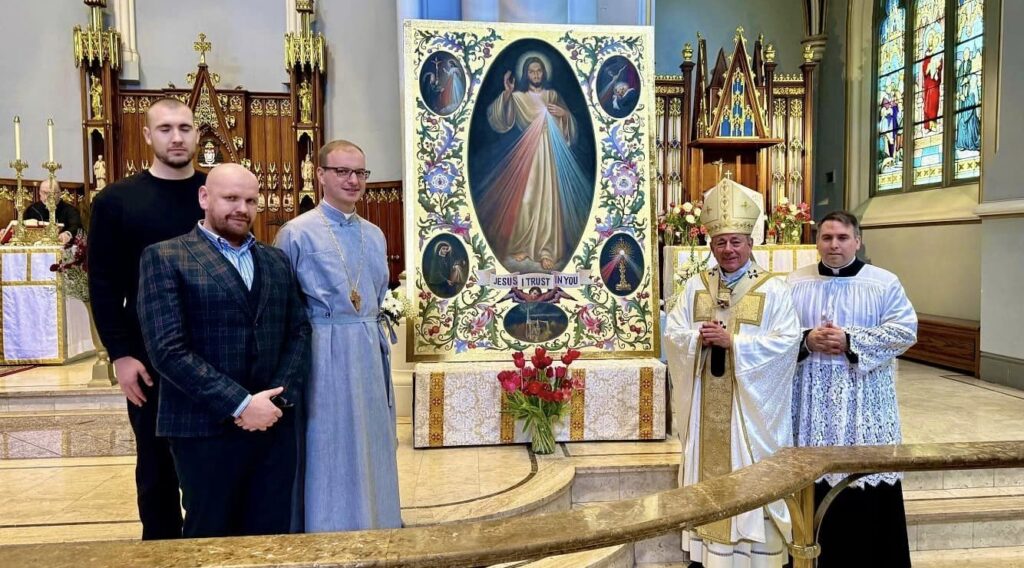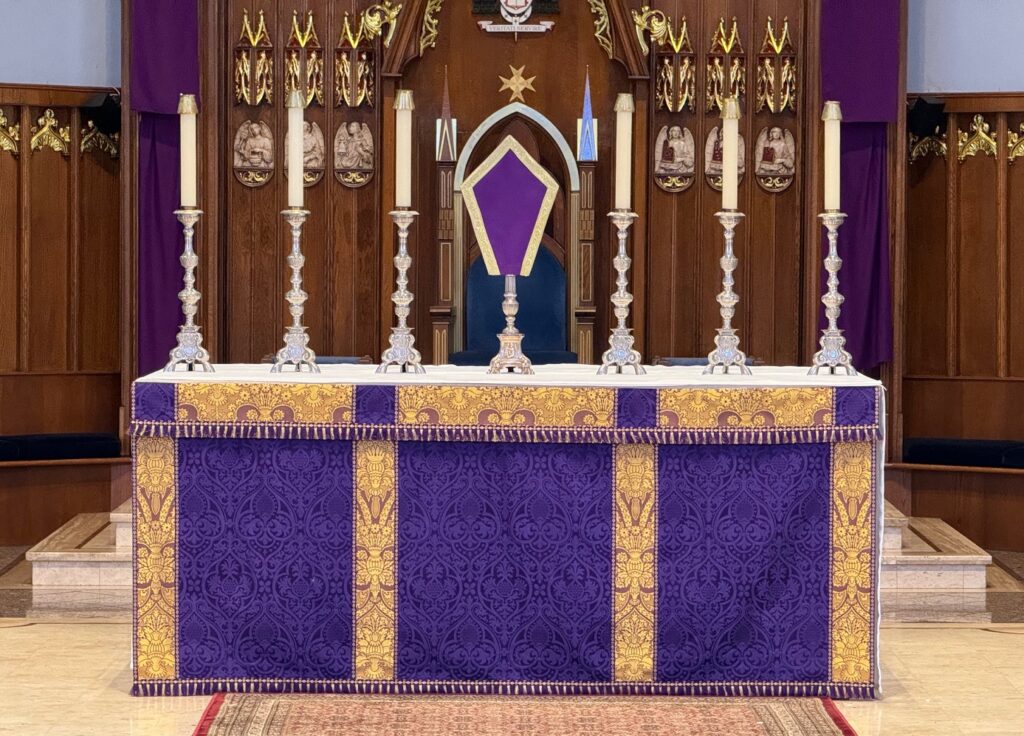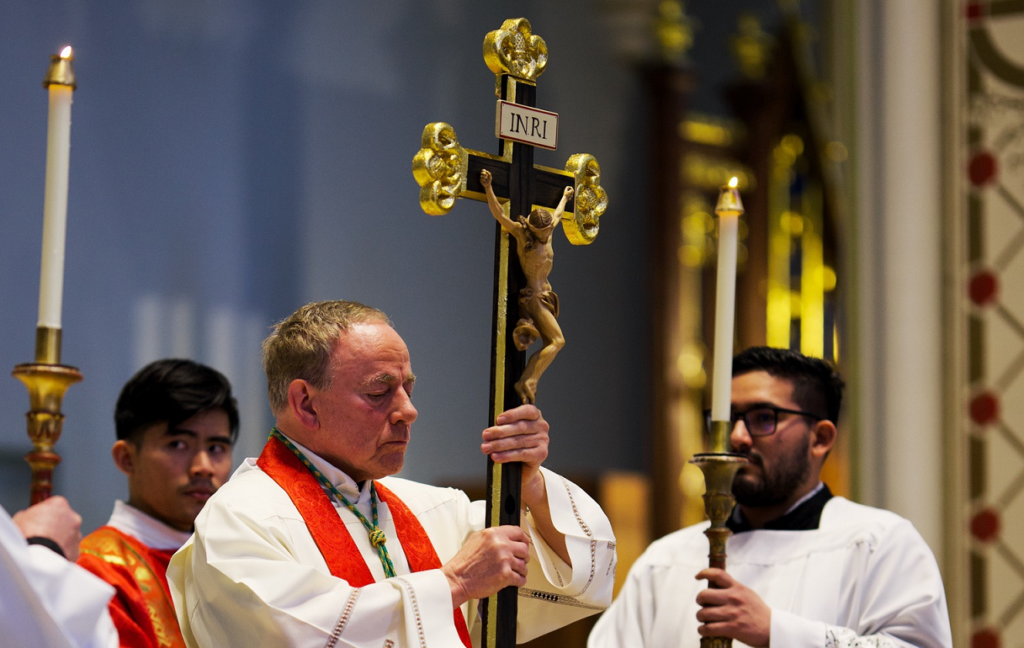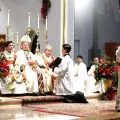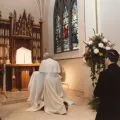For Christians, Holy Week is not the remembrance of some historical event, it is the contemplation of God’s love that allows the sacrifice of His Son, and the pain of seeing Jesus crucified and the hope of seeing Him come back to life and the joy of His Resurrection.
This week recalls the seven days that most profoundly changed the world and reminds us of the reason for the Incarnation, which is the giving of his only son Jesus Christ in exchange for the redemption of mankind’s sins.
The week begins with Palm Sunday, where we celebrate with joy the triumphal entry of Our Lord into Jerusalem, cheered by crowds of people who spread out their cloaks and palm branches as He entered the holy city.
On Holy Monday, we remember the anointing of Christ in the Lazarus’ house and the expulsion of the merchants and moneychangers from the Temple. On Holy Tuesday we remember Our Lord’s predictions of Saint Peter’s denial and the betrayal by Judas Iscariot. We recall the conversation between Our Lord and Saint Peter, highlighting the depth of their friendship and the trials to come.
On Holy Wednesday we relive Judas’ betrayal and his meeting with the Sanhedrin to plan Our Lord’s betrayal for thirty pieces of silver.
Finally, we come to the end of Lent and the beginning of the Holy Triduum. On Holy Thursday, also sometimes referred to as Maundy Thursday, we commemorate Our Lord’s Last Supper with his disciples, where he instituted the Eucharist and established the Holy Priesthood. On Good Friday we reach the high point of the week, we recall how Jesus, though innocent, suffers and dies, so that we may have life. This is the great paradox of Good Friday. On this day of deep reflection, Catholics should practice fasting and abstinence, and an intentional meditation on the Sacrifice of Jesus for us.
On Holy Saturday the day begins with the mourning of Our Lord’s death. The day commemorates the ‘Harrowing of Hell’, when Christ descended into hell and brought salvation to the souls held captive there since the beginning of the world. It is a day of waiting where we look forward to the resurrection of Jesus at the Easter Vigil, marking the anticipation of the joy to come.
Holy Week is an invitation to be closer to Him who suffered for us. In our lives there are many challenges: slander, annoyance, family problems, economic difficulties and many other setbacks that come our way. All of these serve to identify us with the suffering of the Lord in the Passion, without forgetting forgiveness, patience, understanding and generosity towards others.
Christ’s death also invites us to die, not physically, but spiritually: to put to death anything that separates us from Christ. It is a death to sin in order to be properly disposed to the life of grace. We do this so that we can rise with Him. To rise in Christ means to return from the darkness of sin to live in divine grace. Therein lies the importance of the sacrament of penance. But this is something that is only achieved by Christ in His death and Resurrection.
Thus, by remembering the paschal mystery commemorated in Holy Week and by striving to be closer to Him, we will find the one day the joy of union with the risen Christ for all eternity.
Fr. Pablo Santa Maria, JCL
